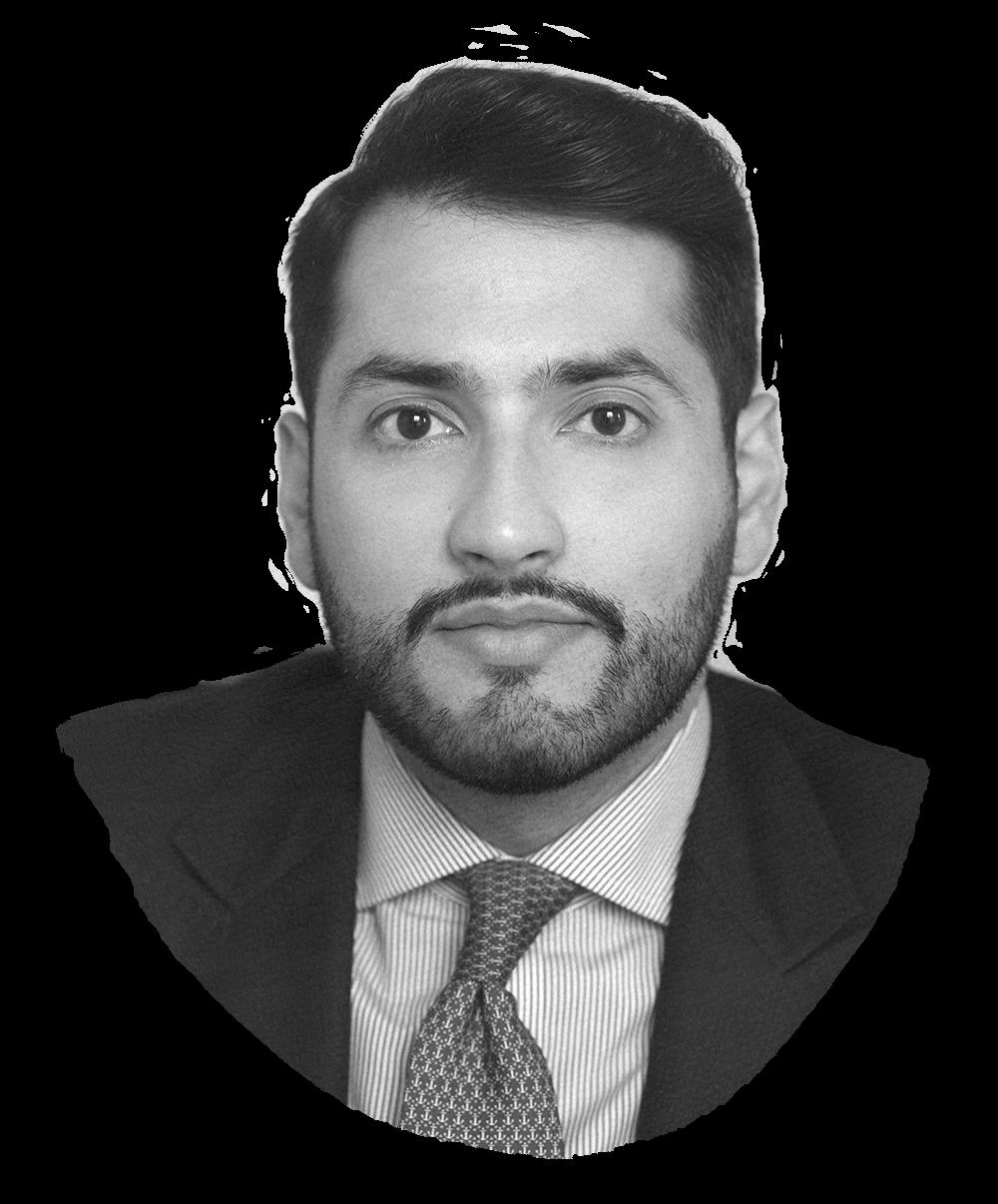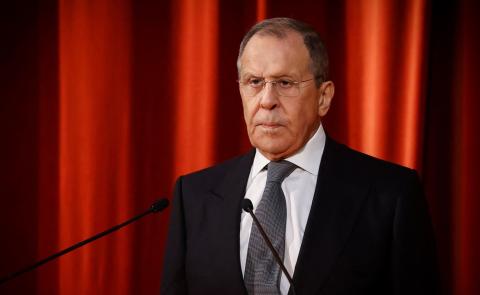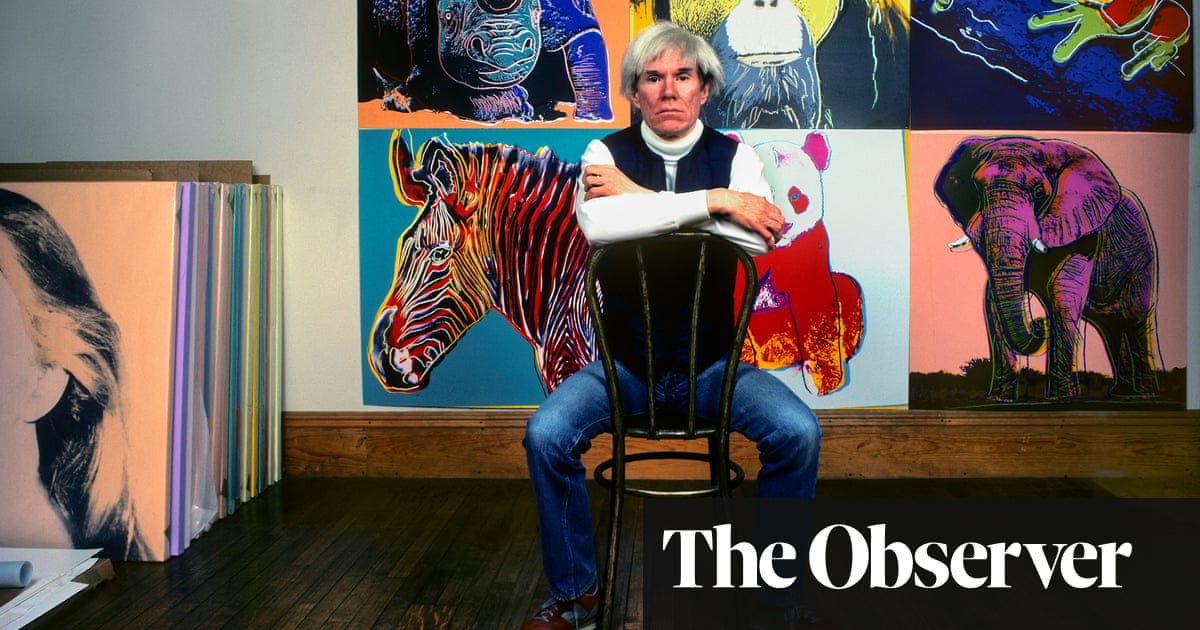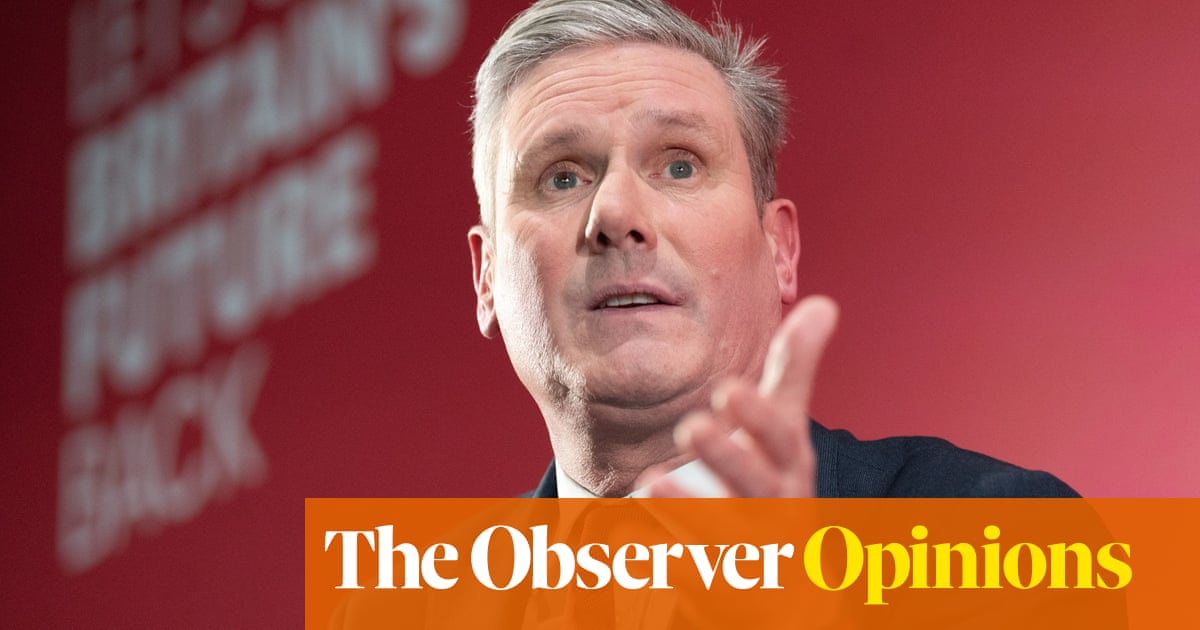
While French President Emmanuel Macron’s first term was characterized by the ambitious young leader’s standoffs with unions and interest groups as he sought to enact his reform agenda, his second term is markedly more international in its focus. Having made 30 international visits since his reelection in April, Macron is more likely to be seen by the French people in media reports of his globetrotting than among them, seeking to reorder French society. Despite being the first president to win reelection in 20 years, Macron is outnumbered in a parliament that could vote against his plans, leaving him looking overseas to make his mark.
Macron has always been clear that his intention is to reshape a sluggish French state, which has been overburdened by social spending and is increasingly overlooked abroad. His party having lost its absolute majority in parliament, Macron faces opposition from interest groups and the left with regards to his domestic plans, alongside a constant pummeling from the right as to his globalist tendencies.
Within this context, Macron has launched into shuttle diplomacy, attending his second state dinner at the White House and then seeking a middle path between Iran and its Arab neighbors in Amman, while stopping to scoop up the limelight at Qatar’s World Cup final in between. The president seems indefatigable, with visits to India and Japan and another to the US already in the offing for 2023.
Aside from his domestic travails, central to Macron’s foreign policy ambitions is what has become known as the “Macron doctrine.” Aside from having promised to reinvent the French state, revitalize its economy and change the country’s social makeup, Macron hoped to build “useful international cooperation that prevents war and addresses our current challenges; and to build a much stronger Europe, the voice, strength and principles of which can carry weight in this reformed framework.”
There are few areas of global diplomacy where the French president has not suggested his own new ideas in recent months.
Zaid M. Belbagi
Communicated through set-piece blockbuster interviews in Der Spiegel, The Economist and on CNN, he clearly hoped to bolster the EU with France at its core. Farther afield, he wanted France to reengage on the global stage, at times as a mediator and at others advocating more hard-nosed diplomacy.
“Macron 2.0” has sought to use the growing multipolarity of international affairs and the retirement of German Chancellor Angela Merkel to pursue a more robust foreign policy. In Europe, Macron is building a 44-nation “European Political Community.” Having met in October in Prague and due to next meet in Moldova in the spring, the intergovernmental forum is a clear affront to a Russia that Macron once sought to engage with. As much as it concerns Moscow, the group is actually an effort by Macron to encourage European independence from Washington.
There are few areas of global diplomacy where Macron has not suggested his own new ideas in recent months, from global hunger to containing Russia. Having clearly taken the opportunity to present himself as Europe’s foremost leader, the president who now lacks a parliamentary majority at home is said to be angling for an international job after his term finishes.
At 45, and constitutionally prevented from running again in 2027, Macron’s room to create a legacy at home is limited and he has therefore become the president of the photo opportunity, toasting with the Bidens and squeezing Recep Tayyip Erdogan to his bosom. This technique, which according to political commentator Clea Caulcutt “forces the hand of other participants but sometimes undermines the credibility of his initiative,” is actually serving another purpose altogether: To position the president for a top job in his upcoming career as a global elder statesman.
Nevertheless, Macron cannot hide from his domestic troubles indefinitely. France’s militant trade group the General Confederation of Labor has organized strikes across multiple economic sectors in response to the government’s unwillingness to mitigate the cost-of-living crisis. Amid the worst energy crisis since the 1970s, France is also struggling to balance the books without raising taxes — all amid the context of a minority government.
Macron, who still bears the scars of his scraps with the so-called Yellow Vest protest movement, should be wary that further domestic unrest could harm his legacy. Normally this would be the case, but Macron is most likely to delegate his domestic agenda to his prime minister and instead focus on building his stature for when the big jobs come knocking.
Zaid M. Belbagi is a political commentator and an adviser to private clients between London and the GCC. Twitter: @Moulay_Zaid
Disclaimer: Views expressed by writers in this section are their own and do not necessarily reflect Arab News" point of view












